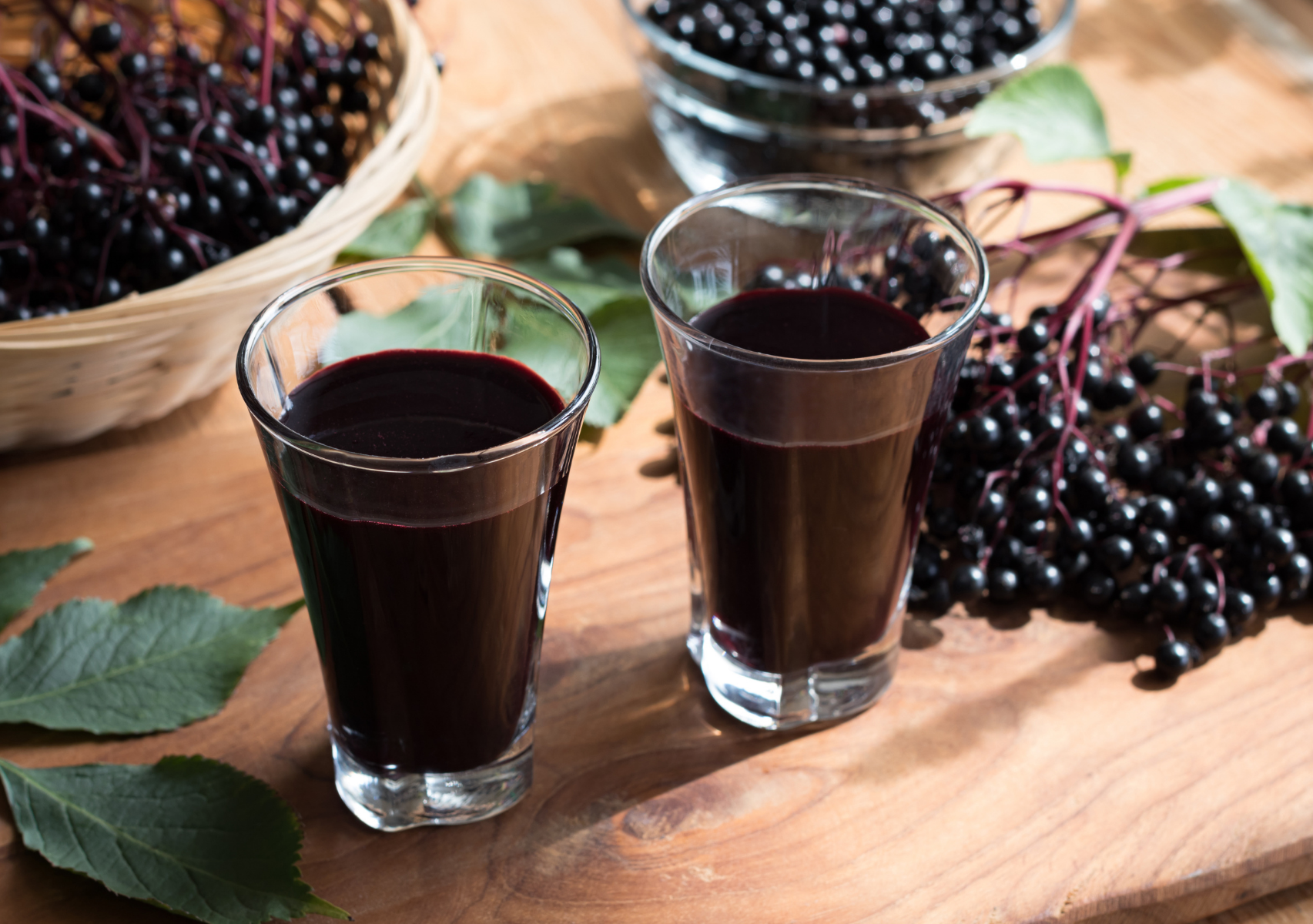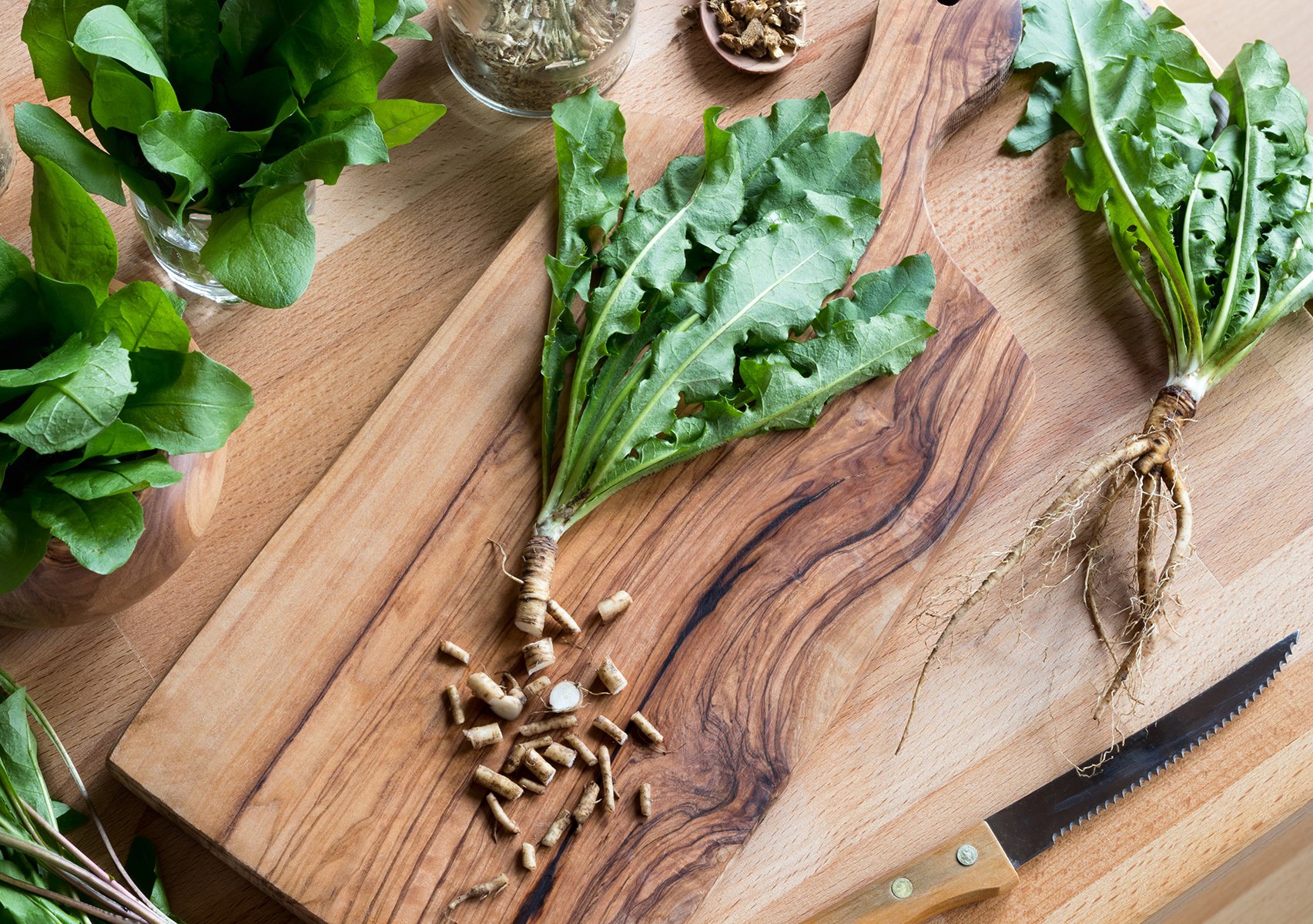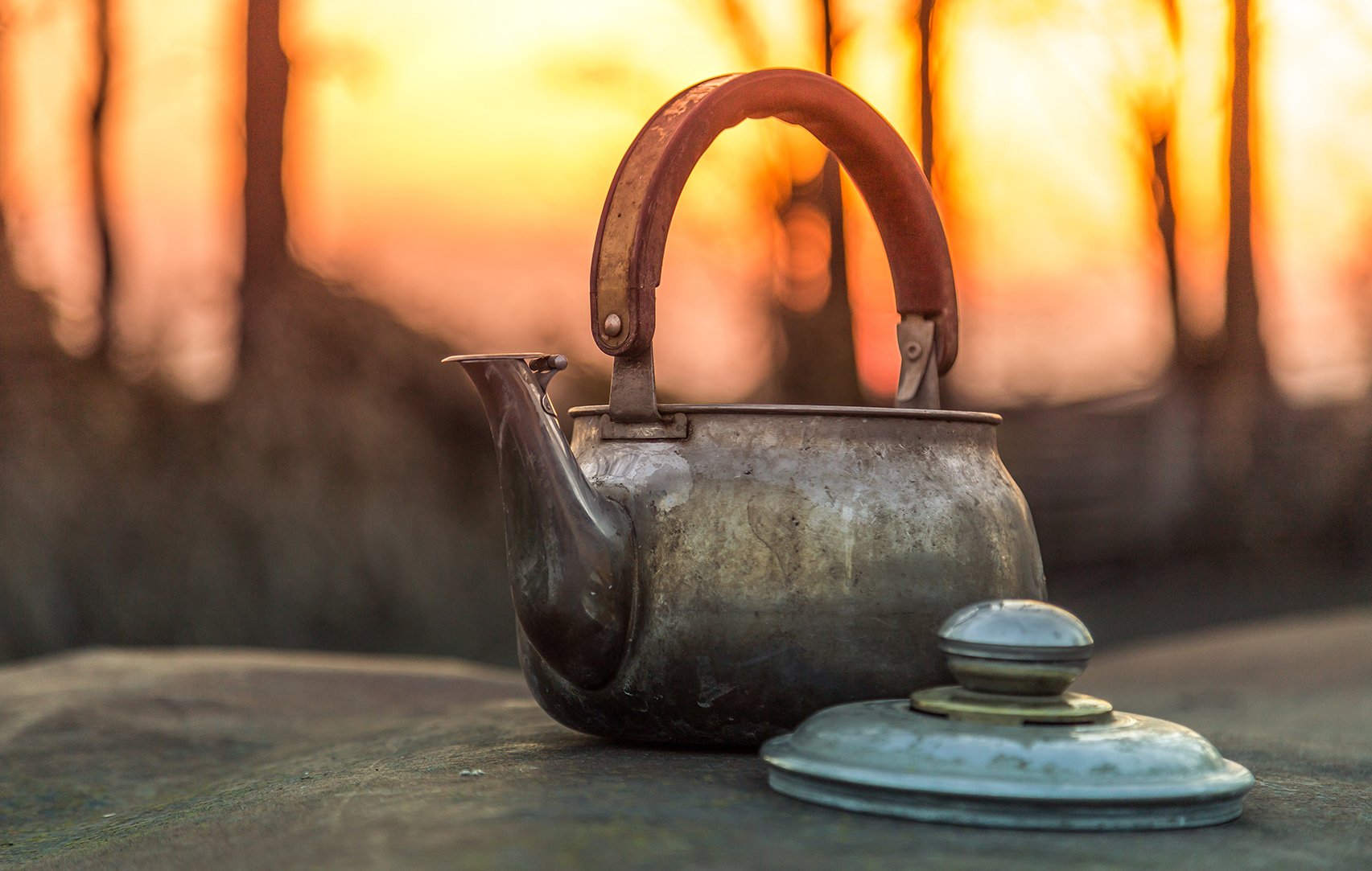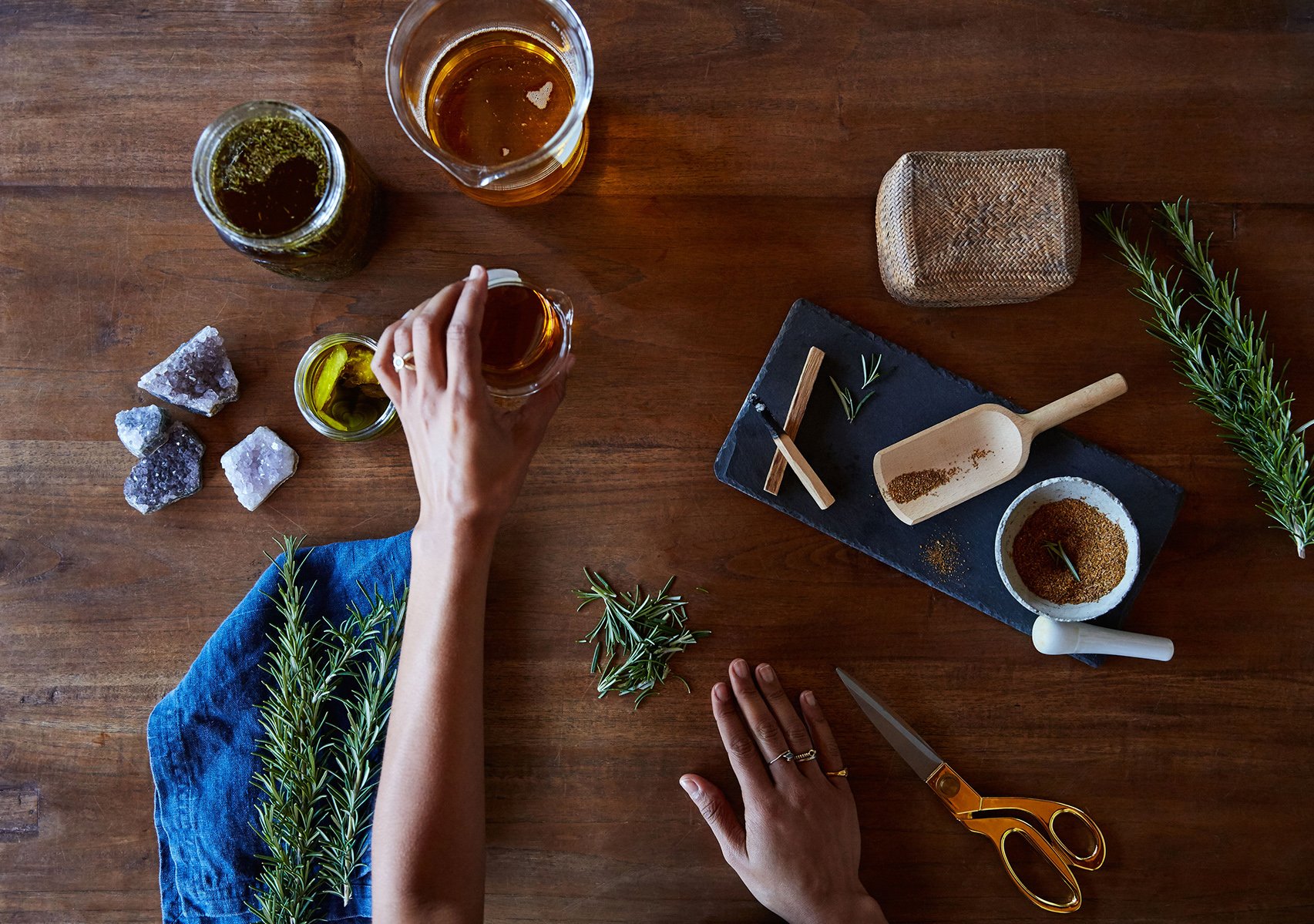Winter is upon us. With its chilly weather and lengthened nights, we are drawn towards warmth and hibernation. Yet, our modern lives beckon us outwards, exposing us to the vulnerabilities of the season. Fortunately, our body is a well-constructed vessel built for survival. From head to toe, each of our body systems interact with one another in a beautiful dance to maintain homeostasis.
There are times of the year when certain body systems take on more strain. Top of mind for many of us this season is our immune system. Herbalists like to take this opportunity to use the power of plants to gently assist the body in its immune function. Since everything is interconnected that means caring for our overall internal ecosystem, from digestive, respiratory and skin health to the nervous system.
Here’s a quick look at these body systems and some of our favorite ways to support them with herbs this winter.
Step 1: Nourish the Body
One of the best ways to directly support the body in winter is through food. As Medical Herbalist David Hoffmann says, “We must ensure that the physical body has the appropriate nutritional and health support to help it perform optimally.”
For this, we like to incorporate medicinal herbs and mushrooms like astragalus, elderberries, rose hips, shiitake, reishi and maitake into our meals. For a culinary delight, try making a big batch of Change in the Season Soup which includes astragalus, a Traditional Chinese Medicine herb used to help maintain a healthy immune system. Another classic traditional herbal remedy that you can make at home is Elderberry Syrup, made from the berries of the elder tree, and used in Herbal Medicine to promote sweating, to help relieve fever, and to help relieve symptoms of colds and flus such as coughs, sore throat and mucus buildup of the upper respiratory tract.
For immune and energy support, sip on our Organic Reishi Mushroom with Rooibos and Orange Peel tea and keep our Organic Echinacea Plus® Elderberry tea on hand to help fight off and/or relieve the symptoms of respiratory tract infections.

Step 2: Support Gut Health and Feed Your Microbiome
As we discover more and more about how much impact our gut ecology and digestive health can have on our immunity, it makes sense to keep it functioning well. Many of our ancestors relied upon seasonally available roots and tubers which are rich in prebiotic starches to support a healthy digestive system.
Roots like dandelion and burdock are great sources of inulin and other prebiotic starches. To receive the greatest benefit, these herbs are best eaten in food quantity. Try incorporating fresh burdock root into your meals. Its slightly bitter, earthy flavor makes it a great addition to stir-fries and soups or grated onto salads like Japanese gobo. If fresh burdock root is not available to you, it can also be taken as a tea or tincture.
In addition to inulin, burdock root is traditionally used in Herbal Medicine as an alterative to support proper liver function by helping the liver, kidneys, skin and mucous membranes remove accumulated waste products from the body. Try burdock root in our organic Organic EveryDay Detox® Lemon tea.
Comparatively, dandelion root can be made into a valuable tea for digestive health as it is traditionally used in herbal medicine as a laxative, to increase bile flow from the gallbladder, and to help treat digestive upset. If you are lucky enough to have dandelion weeds growing in your yard, you can dig up the roots in the fall and make a roasted root tea by coarsely chopping the roots and roasting over low heat for 5-10 minutes. Simmer one tablespoon roasted root per 8 ounces of water for 15 minutes. Strain and serve. If you don’t have access to whole dandelion roots, you can also find it in our Organic Roasted Dandelion Root tea.
Finally, fermented foods are a great way to introduce healthy gut bacteria to the system. Here is a great recipe for making your own fermented sauerkraut in brine.

Step 3: Moisturize From the Inside
When we breathe, we take in air through the nose and mouth, which passes through the throat and down into the lungs, creating a respiratory superhighway, complete with all of the itchy irritants that come along for the ride.
Luckily, certain herbs can help soothe this irritation. Marshmallow root’s high polysaccharide content thickens water, making it more slippery. This characteristic is utilized in herbal medicine to relieve the irritation of the oral and pharyngeal mucosa and associated dry cough. Similarly, licorice root is traditionally used in Herbal Medicine as an expectorant to help relieve chest complaints, such as mucous buildup, coughs and bronchitis. To utilize the benefits of these herbs and make your own soothing throat tea, we recommend making a traditional decoction. For two servings, combine ½ teaspoon (roughly 2 grams) of licorice root and 1 teaspoon (roughly 4 grams) of cut and sifted marshmallow root to a small pot. Add 1½ cups of water, cover and simmer on low heat for 20 minutes. Strain herbs and serve.
If you don’t have time for that or access to these herbs, grab a cup of our Organic Throat Coat® tea.

Step 4: “Oilinate” Your Skin
The skin is our largest and most outward-facing organ. It serves as a protective barrier between us and outside world making it an integral system to include in our winter wellness routine. Its porous and absorbent nature also makes it a traditional route to deliver herbal medicine.
To care for your skin, try applying an herbal infused oil all over your body. Known in Ayurvedic medicine as “oilination,” the act of applying warm oil to the skin through massage is traditionally thought to help stimulate the lymphatic system, an integral component of the immune system. This daily act is traditionally performed with raw sesame oil, but we like infusing our oil during this season with a few drops of essential oils for additional benefits. Try adding a few drops of a Four Thieves-style essential oil blend of lemon, clove, cinnamon, rosemary and eucalyptus traditionally used during winter months. Or if applying in the evening, the addition of lavender with its mellow scent can be a soothing ritual before bed. Whichever method you choose, apply oil to dry skin, and let soak in for 15 minutes. Then rinse off with warm water so the oil absorbs into the skin. This is an incredibly grounding practice. If oilinating 15 minutes before a shower is too daunting, apply the oil at the end of the shower and then rinse with the oil still on. To infuse your body oils with herbs, check out step one of our wild infused spring skin salve recipe.
Our relaxing Organic Cup of Calm® tea pairs nicely with this ritual for a pleasant dose of calming and sleep-aid herbs.






